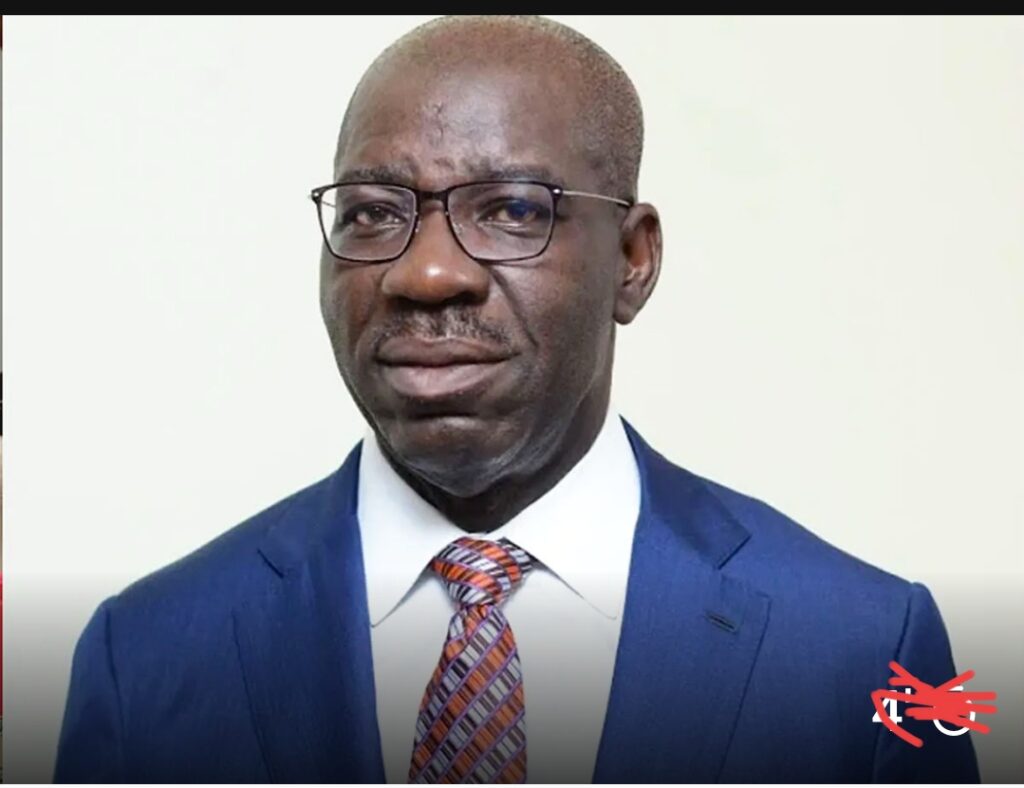
Mr. Godwin Obaseki, Governor of Edo State, stated that the government was able to pay its workers the new N70,000 minimum wage and fund the numerous developmental projects and other programmes launched by his administration to improve people’s lives with the savings from lowering the cost of governance.
According to a statement issued on Monday, Obaseki said this in Benin City, and that the State administration planned for the minimum wage three years ago, when warning indications indicated that the economy was heading in the wrong path.
According to him, “I am able to pay N70,000 because two or three years ago, I raised the alert that we were resorting to enormous borrowings, which would be inflationary.
You will wonder, if you knew this, what did you do? We knew it would result in a desire for higher pay due to inflation, so we decided to focus on developing a far more efficient economy.
Let us focus on lowering the cost of governance. Let’s focus on training our employees and increasing their productivity.
Regarding his government’s efforts to decrease the cost of governance, Obaseki stated, “We have a Power Purchase Agreement (PPA) under which we purchased 5-10 megawatts of power, which we use to power all government offices and street lights at night.” So I don’t need to buy diesel.
He went on to explain, “The savings I’m making from that, I’m saying, you know what, my most valuable assets are my employees; let me pay them more and get more productivity out of them.” Today, I am measuring teachers based on their learning outcomes.
“My teachers cannot be absent from school since I can see everything from my iPad, whether they are in class or not. Because I taught my staff, I can compare my drug plan, what I pay for medications, and what is supplied in my primary healthcare centres. I’ve invested in technology. We have invested heavily in IT infrastructure.”
The governor continued, “We have 2000 kilometres of fibre optic cable laid across the state. Every local government is connected by fibre optic technology.
“So, I can extend telemedicine to a community PHC and enrol my doctors in the system. Why are we doing this? It is to provide a better life for our people, and how do you achieve that?
We can’t build omelettes without breaking eggs. So, once you’ve decided to make omelettes, start by breaking the eggs. People will complain, but that’s the way it is.
Meanwhile, Obaseki stated that the government’s investment in improving the state’s security architecture and reforming the security system resulted in Edo becoming the safest city in the South-South region and one of the most secure in the country.
Obaseki stated that the government earned the confidence of investors, which led to an influx of enterprises, resulting in greater economic activity and revenue for the state.
While acknowledging that security was local, the governor noted some of the nuanced moves made, such as decentralising and democratising the security system to allow community engagement in the State’s policing and security architecture.
He explained that the State has over 15,000 vigilante operatives patrolling various communities throughout the 18 local government areas, and that the effort has significantly improved safety and security in the State.
According to him, “On a scale, Edo remains the safest state in this zone. We have decentralised and democratized security. Security is a local issue. Today, we have community participation in policing.
He did, however, ensure that the government was taking steps to put an end to the operations of cultists, Okaigheles, and other criminal groups, in collaboration with other state security organisations.
Obaseki continued, “If you’re spending the night, just drive around town; you’ll notice that people stay out late conducting their business. So, we’ve handled security, and it’s lot better. It is no longer affecting business in the same way that it did 6-7 years ago. The nightlife scene in Edo, especially in Benin, is growing.”

